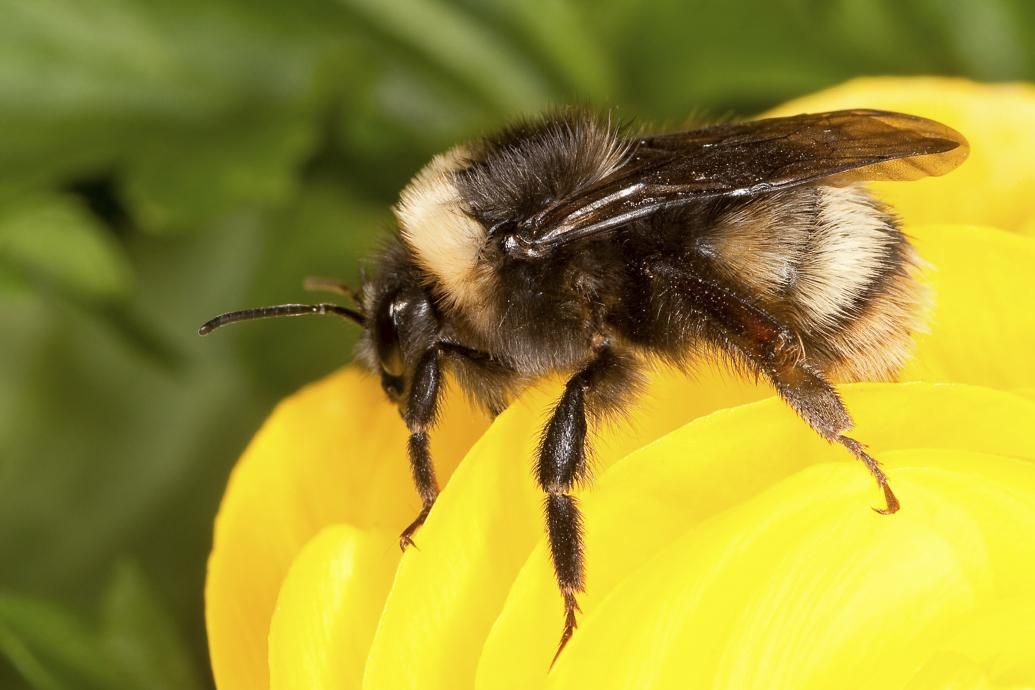
This article originally appeared on Medical Daily
The buzz around town is that honeybee brains can teach scientists a lot about human memory.
A study in Frontiers used honeybees to determine how closely tied memory is to modifications in DNA, specifically a process called DNA methylation, through which our bodies control how our genes present themselves. For example, based on our needs, methylation can make sure a certain gene stays inactive. The researchers found that when the bees were conditioned to a particular odor with a reward, DNA methylation was important for forming and forgetting long-term memories related to certain stimuli, creating more and more specific memories with experience and "generating an ecologically more useful response to learning."
Related: Searching For A Vaccine For The Plague
Honeybees may seem like they don't have much in common with humans, but first author Stephanie Biergans, from the University of Queensland, Australia, said in a statement from the journal that their memory processes are similar to those in humans. "Honeybees have an amazing capacity to learn and remember," she said. "They can count up to four, and orientate themselves by learning patterns and landmarks. They are also social insects that interact, teach and learn, making them successful foragers. Bees remember how to find a food source, how good the source was, and how to return to the hive." Despite all of this, the bee brains are simpler than human brains, making them easier to study.
Bee brains could give scientists clues about how humans create memories — and how to stop dementia and Alzheimer's. Image courtesy of Pixabay, public domain
During the experiment, the study says, the researchers taught the bees "to associate an odor with a sugar reward, similar to the olfactory learning taking place when a bee collects nectar from a flower during foraging." In real life, the honeybees remember sources of food by color, shape and smell and return to those sources. They can also forget those sources if they dry up and learn new ones. Mimicking real conditions, the scientists used varying conditions to train the bees and found that their memories may form through different pathways as the conditions vary.
Relating the memory research to humans — specifically the physical changes in the brain, like in our neural connections, that help form long-term memories — could help us understand conditions such as Alzheimer's and dementia in which memory breaks down. With new information, "we may, in the future, be able to develop treatments for brain diseases that also develop over a lifetime," Biergans said in the statement.
Source: Biergans SD, Claudianos C, Reinhard J and Galizia CG. DNA Methylation Adjusts the Specificity of Memories Depending on the Learning Context and Promotes Relearning in Honeybees. Frontiers. 2016
Read more from Newsweek.com:
- Our favorite albums of 2016
- Revisiting anti-Bush protest music in the Trump era
- U.S. life expectancy drops, a first since 1993
Uncommon Knowledge
Newsweek is committed to challenging conventional wisdom and finding connections in the search for common ground.
Newsweek is committed to challenging conventional wisdom and finding connections in the search for common ground.
About the writer
To read how Newsweek uses AI as a newsroom tool, Click here.








